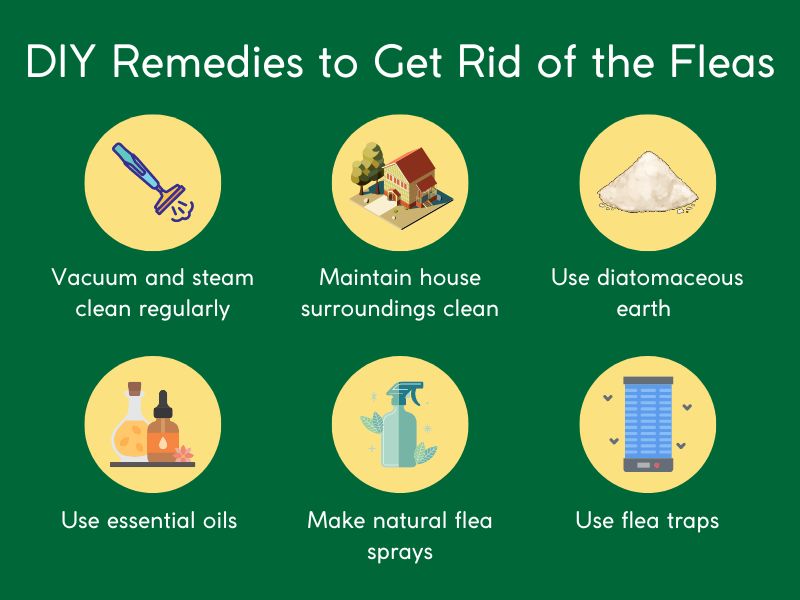Introduction
Fleas in your garden can be more than just a nuisance—they pose health risks to pets, wildlife, and even humans. These tiny pests thrive in warm, humid environments and can quickly multiply if left unchecked. Understanding how to get rid of fleas in your garden is essential for maintaining a safe and enjoyable outdoor space. This article covers expert-backed strategies to effectively eliminate fleas, prevent their return, and protect your garden ecosystem.
Why Fleas Infest Gardens and How to Identify Them
What Attracts Fleas to Your Garden?
Fleas are drawn to gardens that offer:
– Warmth and shade
– Presence of pets or wild animals
– Moist organic matter such as mulch or leaf litter
These conditions provide ideal breeding grounds for fleas to lay eggs and develop.
Signs of Flea Infestation
Look out for:
– Pets scratching excessively after garden visits
– Small, dark jumping insects on plants or soil
– Flea dirt (tiny black specks) on garden surfaces or pet bedding
Early detection is key to stopping fleas before they spread extensively.
Effective Natural Methods to Get Rid of Fleas in Your Garden
1. Maintain Garden Cleanliness
Regularly rake leaves, remove debris, and trim overgrown vegetation. Fleas hide in shaded, damp areas, so improving sunlight exposure and airflow can reduce their habitat.
2. Use Beneficial Nematodes
Beneficial nematodes (Steinernema carpocapsae) are microscopic worms that naturally infect and kill flea larvae in soil. Applying nematodes according to package instructions provides an eco-friendly flea control method.
3. Plant Flea-Repelling Herbs
Incorporate plants such as:
– Lavender
– Rosemary
– Mint
– Eucalyptus
These herbs emit scents that repel fleas and other pests, helping deter infestations.
4. Diatomaceous Earth Application
Sprinkle food-grade diatomaceous earth lightly on garden soil and shaded areas. This natural powder dehydrates and kills fleas without harmful chemicals. Reapply after rain for continued effectiveness.
Chemical and Professional Control Options
Targeted Insecticides
If natural methods don’t suffice, select garden-safe insecticides labeled for flea control. Use them sparingly and strictly follow manufacturer guidelines to minimize environmental impact.
Professional Pest Control
In severe infestations, hiring licensed pest control professionals ensures safe, effective flea eradication. Experts can identify flea hotspots and apply treatments that protect your garden long-term.
Preventing Flea Reinfestation in Your Garden
Regular Pet Care
Fleas often hitch rides on pets. Use veterinarian-approved flea preventatives and check pets after outdoor activities.
Wildlife and Rodent Management
Seal garden entry points and avoid leaving pet food outside to reduce visits from flea-carrying animals.
Maintain Dry Soil Conditions
Fleas prefer moist environments; watering early in the day allows soil to dry, reducing flea breeding grounds.
Conclusion
Getting rid of fleas in your garden requires a combination of vigilance, natural remedies, and sometimes professional intervention. By maintaining garden cleanliness, utilizing beneficial nematodes, planting flea-repelling herbs, and practicing preventative pet care, you can effectively minimize flea populations. These strategies not only protect your garden but also safeguard your family and pets from flea-borne issues. Start applying these expert tips today to enjoy a flea-free, healthy garden environment.
